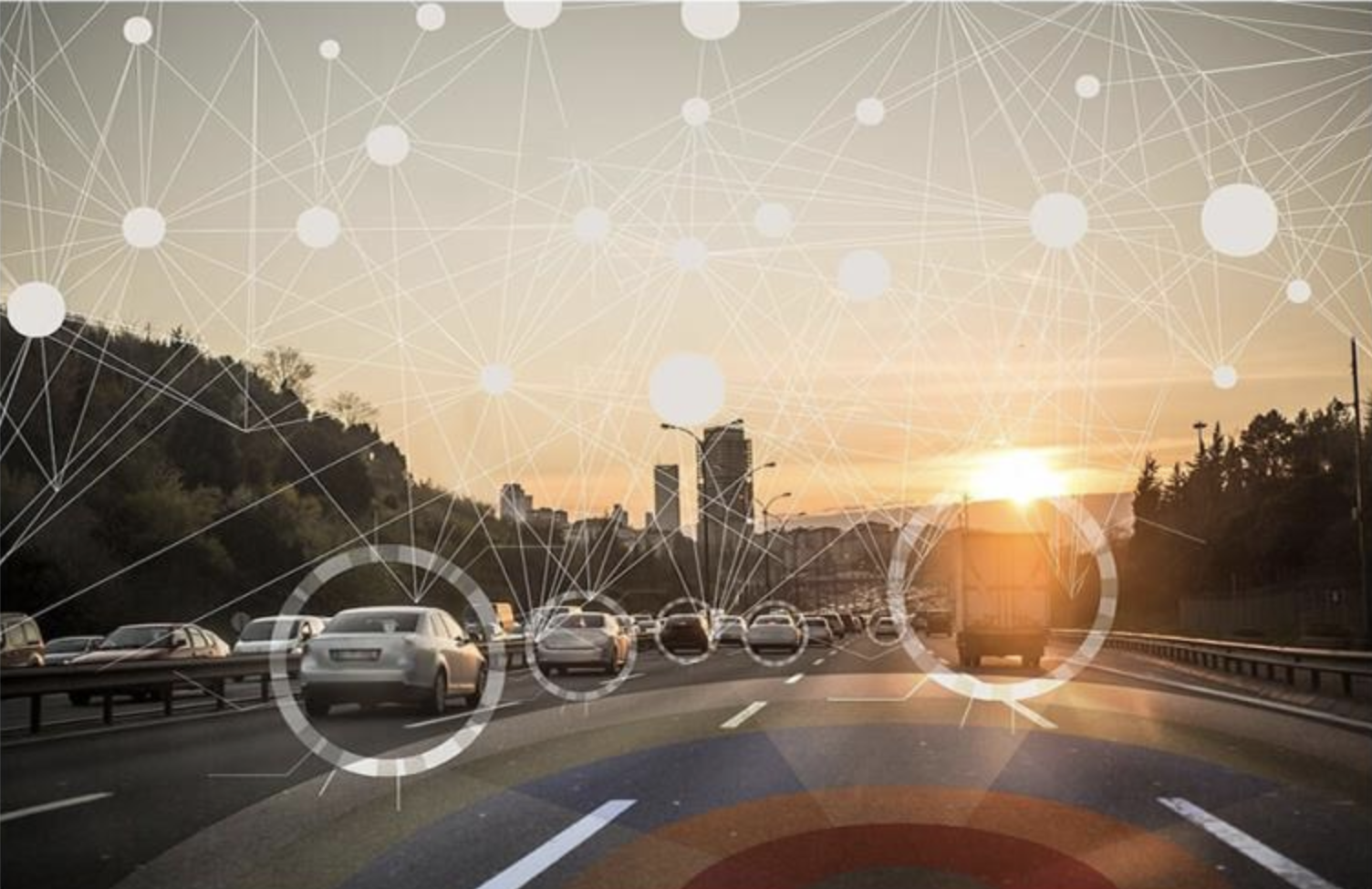Digitalization as a factor in the development of the automotive industry
- 20/11/2023
- Non categorizzato

MLC Secretary General Gianpiero Mastinu participated in Esslingen on Nov. 16 at the supplier day organized by e-mobil, the Stuttgart automotive cluster. In addition to the conference in the morning and early afternoon, the day featured a number of OEMs. They issued technology challenges, that is, they proposed particularly important but precise and timely topics, to the SMEs in attendance. They responded in a series of specially organized B2B meetings in the afternoon. In parallel, a number of start-ups were able to showcase their respective products in the afternoon. Baden-Wuerttemberg’s Economy Minister N Hoffmeister-Kraut admitted the considerable difficulties currently facing Germany, which is in recession. The automotive industry has lost olte 20 percent of production, and a structural reduction of up to 15 percent is expected. Possible causes are, in addition to technological transition, the economy, including lack of qualified personnel. This item alone could partly justify the reduction in volumes, according to the minister. The 15 million BEV cars on the road by 2030 will not be reached. About 10 million BEV cars and about 1 million BEV commercial vehicles are expected by 2030. In the worst-case scenario, the reduction in employed personalae would fall by about 130,000 from the current 480,000. In the in-depth discussion the main speeches of the conference.
VDA – Association of German Automotive Industries (A Rade). Baden-Wuerttemberg employs 480 thousand people for mobility (industry and services), including 102 thousand with OEMs, 176 thousand with component manufacturers. European super-regulation affects the business of the automotive industry. There are at least 19 among laws or recommendations related to data protection, AI management etc. Into this picture of regulatory complication comes the recession due to the high cost of energy: the result is that 60 percent of entrepreneurs are not investing in Germany or even in the EU, perhaps waiting for better times. That when they come they will have to deal with the now chronic lack of qualified personnel, at all levels.
KTI – Karlsruhe Institute of Technology (I Schaefer). Digitization not only inheres product and process but technoogies (sw, hw) and services. Open source sw can be a great start for proprietary customizations because it can be controlled at the source for exploitable interactions by hackers.
VDA – Association of German Automotive Industries (A M Lorenz). The fontamental standard is UNECE 155 CSMS – Cyber Security Management Systems. Other reference standards: ISO/SAE PWI 8477. Impotant reference regulations AI act, Cyber security act for labelling in Europe. The VDA ISA 6.0 is a kind of guideline to further cybersecurity part of TiSAX – Trusted Information Security Assessment Exchange (for a description of TiSAX and ISA 6.0 see (https://www.ictsecuritymagazine.com/articoli/tisax-vda-isa-versione-6-la-sicurezza-nellambito-automotive-in-continua-evoluzione/). From April 2024, it will be mandatory to follow the cybersecurity protocols.
Mercedes (T Erichsen) It is no longer possible to manage innovation and business with regulation. In a context where new stakeholders appear, especially in digitization activities, the watchword becomes cooperation. OEMs alone cannot handle the complexity of in-vehicle software.
Baden-Wuerttemberg’s Economy Minister N Hoffmeister-Kraut admitted the considerable difficulties currently facing Germany, which is in recession. The automotive industry has lost olte 20 percent of production, and a structural reduction of up to 15 percent is expected. Possible causes are, in addition to technological transition, the economy, including lack of qualified personnel. This item alone could partly justify the reduction in volumes, according to the minister. The 15 million BEV cars on the road by 2030 will not be reached. About 10 million BEV cars and about 1 million BEV commercial vehicles are expected by 2030. In the worst-case scenario, the reduction in employed personalae would fall by about 130,000 from the current 480,000.
BMW (A Kottman) BMW has launched CATENA-X a network participated by OEMs and Automotive Suppliers to manage of data from the creation of the same – at the TIER 2 level ! – all the way to the wrecker. Private regulation of CHAIN-X will and does affect trade between suppliers and OEMs.
e-mobil (A Kraetschmer) The structural study of Baden-Wuerttemberg’s automotive industry has been reported, the English version will soon be available on the e-mobil website. Data anticipated by BW Minister of Economy.
VOLVO (P Oesterstroem). Volvo will go 100% electric by 2030. Invested €10 bn in a new factory near Gothenburg. The body will be produced with mega-presses (Tesla type) to reduce the number of parts and decrease the mass.
Other relevant interventions:
-WAFIOS: making hairpins from bending spring production technology
-Adasky: sensor fusion for scenery recognition in all visibility conditions
-Dach: smart traffic lights in Benelux to facilitate emergency vehicles
Recent Articles
-
CLM Ordinary General Meeting of Members April 18, 2024
International event at the Region of Lombardy headquarters, created to discuss models, policies and tools to support local ecosystems that can implement central strategies to grow regional economies. For the first time in Italy and the Lombardy leg will be the opening and only Italian one, of the 2024 cycle and will focus on the…
-
Urban Mobility Conference - Milan April 10
International event at the Region of Lombardy headquarters, created to discuss models, policies and tools to support local ecosystems that can implement central strategies to grow regional economies. For the first time in Italy and the Lombardy leg will be the opening and only Italian one, of the 2024 cycle and will focus on the…
-
Clusters Meet Regions
International event at the Region of Lombardy headquarters, created to discuss models, policies and tools to support local ecosystems that can implement central strategies to grow regional economies. For the first time in Italy and the Lombardy leg will be the opening and only Italian one, of the 2024 cycle and will focus on the…
-
Lombardy's technology clusters for competitiveness and innovation
The Sole 24 Ore of Wednesday, March 6, devoted a wide-ranging investigation to Lombardy's 9 Technology Clusters, which together involve about 750 entities including 550 companies along with Research Centers, Universities, public and private Institutions and other organizations focused on competitiveness and innovation, variously distributed throughout the provincial territories and focused on a specific technological…
-
WG DIGITAL SYSTEMS 12-3-24 h:4 p.m.
The Lombardy Mobility Cluster is organizing an online meeting of the WG DIGITAL SYSTEMS WG on Tuesday, March 12, 2024, from 4:00 to 5:30 p.m. as part of the Thematic Group "Sensing," dedicated to the prospects for development of the topic. Participation is open to all members, starting with those who are members of the…




